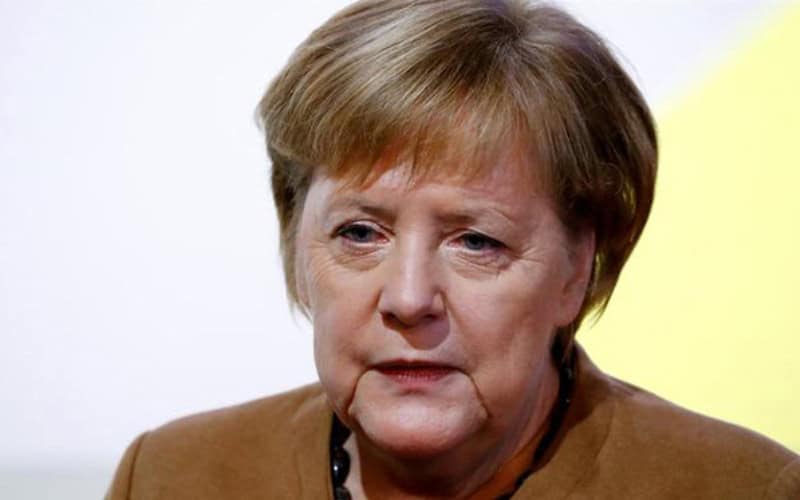Beijing: German Chancellor Angela Merkel was welcomed by Premier Li Keqiang here on Friday amid calls for her to take a stronger line on China’s human rights record.
Chinese state media described the visit as a chance to strengthen ties between Beijing and Berlin, with Xinhua news agency proclaiming that there is “an urgent need for Germany and China to safeguard an open global economy”.
Accompanied by a group of German business leaders, the visit is Merkel’s 12th to the country since she took power in November 2005.
According to state-run CGTN, Merkel was expected to meet Chinese President Xi Jinping during the trip. China is one of Germany’s largest trading partners, buying almost $100 billion of German exports in 2017.
Apart from a possible meeting with Xi, there was no specific information about Merkel’s schedule before she leaves on Saturday.
Beijing used the opportunity to highlight ties between the two countries amid a heated US-China trade war.
“Beijing and Berlin have already set a good example of how to transform differences into complementarities, instead of using them as excuses to engage in hostilities,” an editorial in China Daily said.
But Merkel’s visit comes amid a growing focus on China’s human rights record, with continued reports of Muslim-majority Uyghurs being held in mass detention centres in the western province of Xinjiang.
The World Uyghur Congress released an open letter calling on Merkel to demand the immediate release of hundreds of thousands of Uyghurs believed to be detained in western China.
Hong Kong has also been witnessing chaos due to the ongoing anti-government protests. In a letter to Merkel ahead of her visit, prominent Hong Kong pro-democracy activist Joshua Wong wrote to Merkel, seeking her help.
He asked her to “express concern over our dire situation and put forward our demands to the Chinese government during your stay”.
Speaking in Beijing on Friday, Merkel said the rights of Hong Kong citizens “must be respected”.
“In the current situation, everything must be given to avoid violence and the solution can only be carried out in a political way — that is to say through dialogue,” she told reporters.

